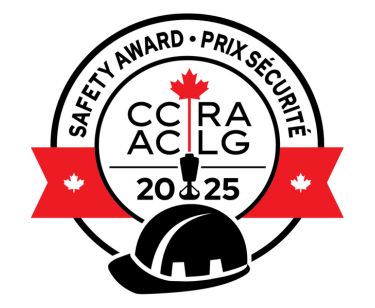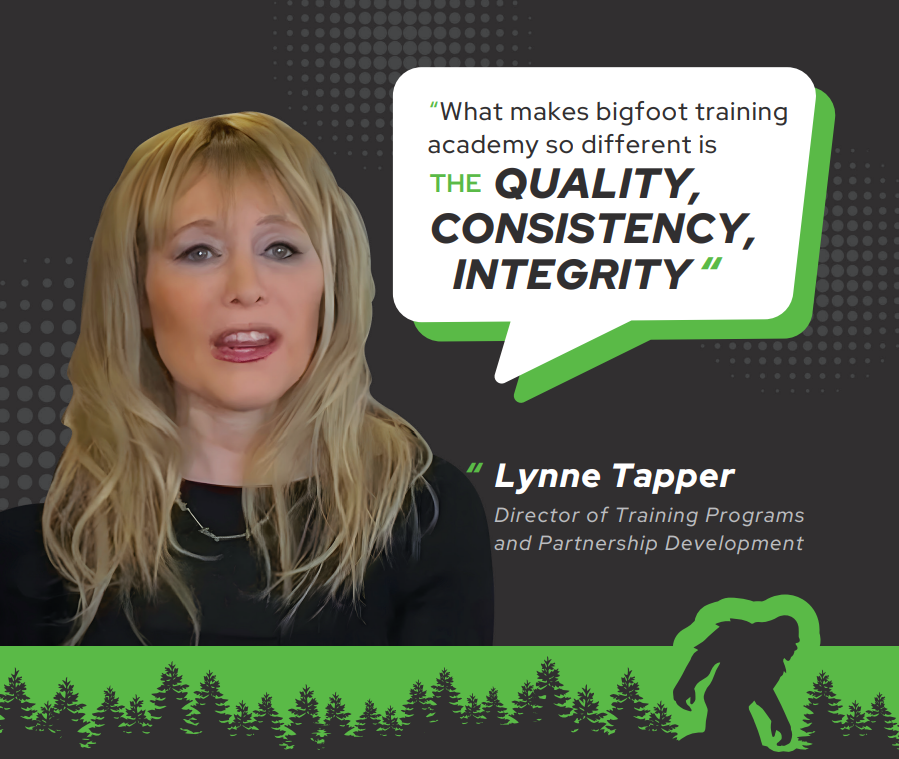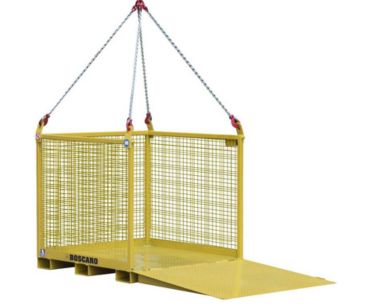Insurance premiums are a complex business for construction companies, who face more costs and risk than many other industries. Adding to the difficulty is that insurance policies renew every year, leaving many business owners scrambling to protect their business’ interests and their bottom line. However, there are a few ways to make the obtaining insurance for construction companies a smoother process.
Right now, the insurance market is soft and prices are down, but the market is also in a state of flux due to changes in contract liability coverage and exclusions for wrap-up programs and residential work. And while with the help of a good broker and accountant a business owner can address many of the concerns regarding insurance for construction companies, it helps if they have a personal understanding.
When a business owner understands the details of insurance for construction companies, they often earn the respect of their insurance broker and demonstrate their expectation for the broker to help arrange the best possible policy for their business.
Safety First
The key to keeping costs of insurance for construction companies low on an annual basis is to keep the number of claims to a minimum — for a business with large deductibles and poor losses, claims payments can quickly add up.
By implementing a strong safely program, training employees on best practices, and emphasizing the need for education and the application of safety skills, many problems and claims can be avoided. The added advantage is that when something does go wrong and the contractor makes a claim, overall costs are more reasonable.
It’s important for business owners to take a safety-first attitude to insurance, and to ensure that every project their company takes on will be coverable by the chosen insurance plan. Gaps in an insurance plan can be costly when accidents happen.
Rates, not Premiums
While it’s easy to think of an insurance premium as the bottom line, that number may distract business owners from other important information.
An insurance premium rate is the dollar amount paid for every $1,000 of revenue or $100 of payroll. When that number is multiplied by the actual revenue or payroll, it results in the company’s premium, which will change year-to-year with the business. It is more useful to compare premium rates over the years than the fluctuating premium price-points.
Quoting Insurance for Construction Companies
In the construction industry, smaller contractors often bid on requests from project managers, leading to competitive pricing on jobs. However, the insurance industry doesn’t allow for this patchwork system, and only accepts submissions from one agent per insured.
To create some advantageous competition, there are a few things a business owner can do to receive the best rates and policies when seeking insurance for construction companies. First, they should assign markets to every agent they are working with, so that they’re sure to see all of the options. Additionally, they should share the information from each option with every agent they work with, so the agents know that the company is working with a wealth of data, which is at their access to offer the company better proposals.
Business owners are recommended to make sure they’re getting all of the information that the agents receive from the issuance carrier, including full quotes and declinations. Requesting copies signed by the carriers can help to ensure this.
Deadlines Make Things Happen
Just as in construction, trying to build an insurance plan without reasonable deadlines can make production come to a standstill. The best course of action is to begin the process about a month in advance of renewal, and set deadlines for proposals two weeks before needing to renew. That way both the business management team and the broker have time to review and choose an option, negotiate its price, and confirm the right plan for the company.
photo via www.enhancedinsurance.com




